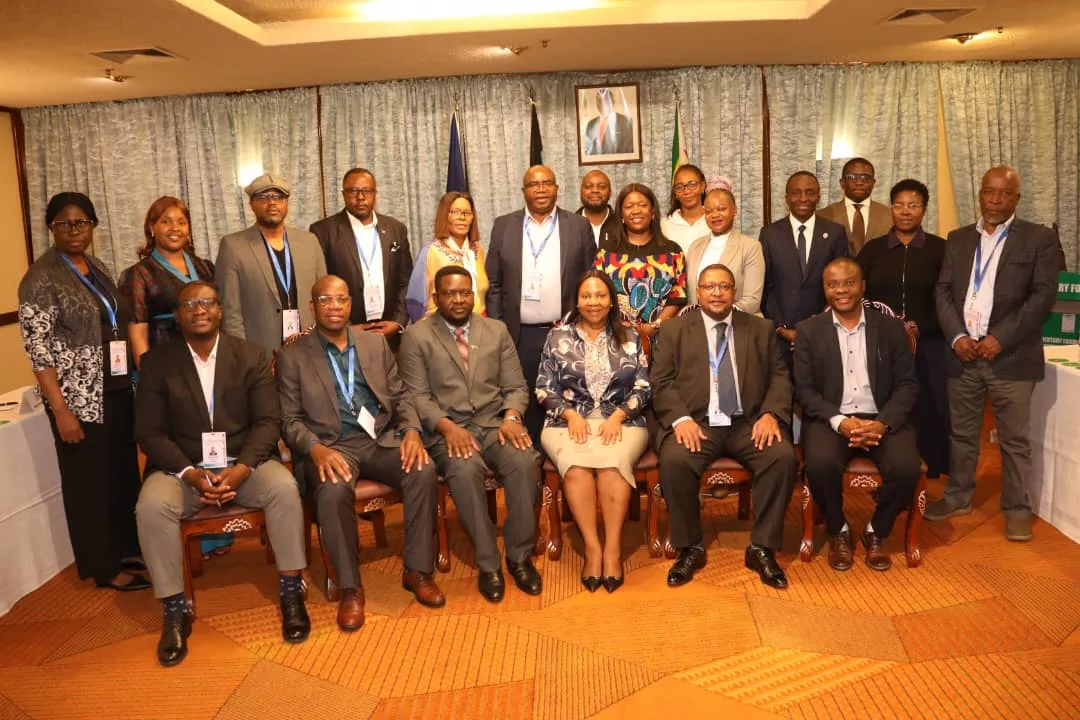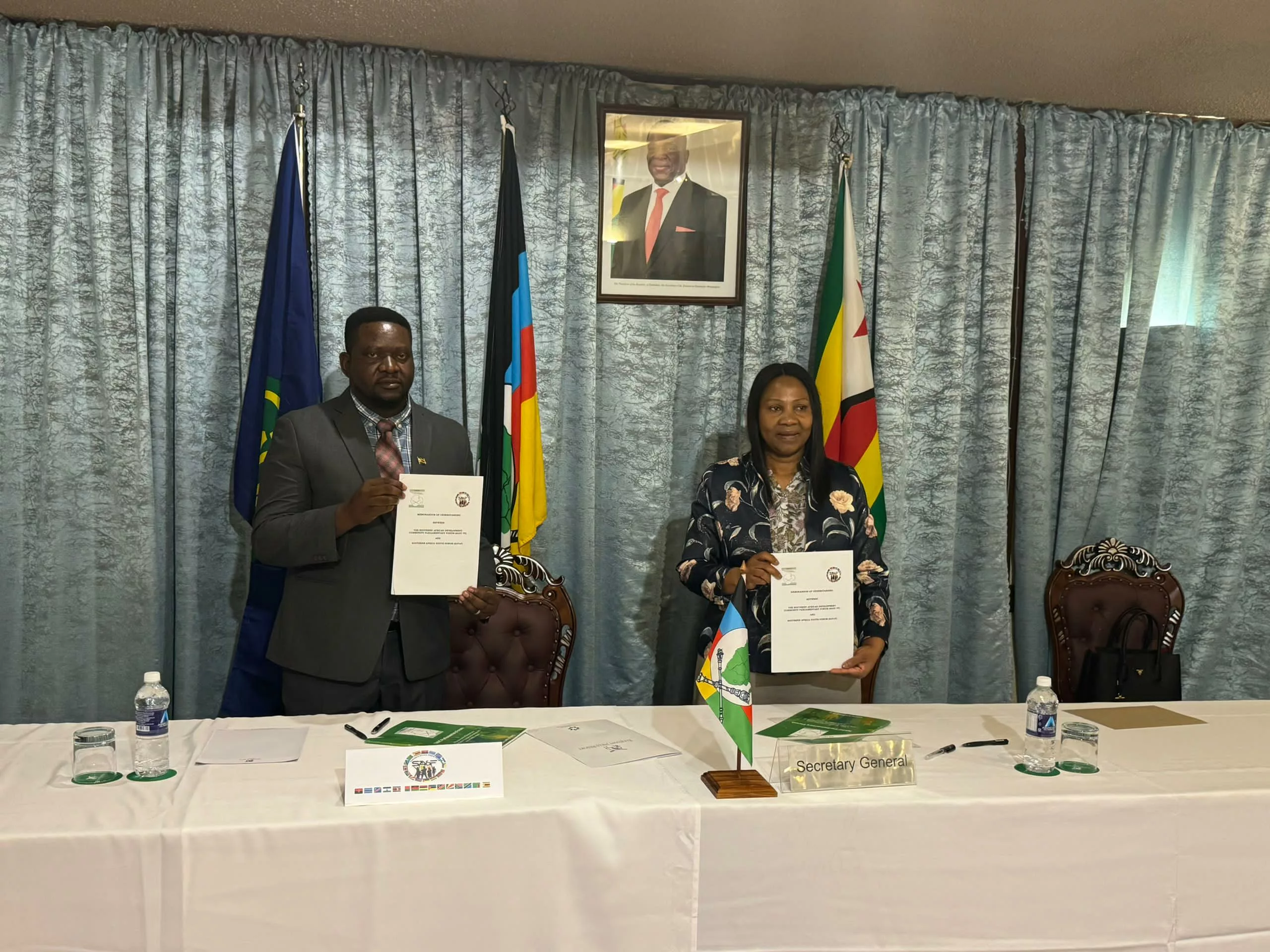Artificial Intelligence is having unprecedented impacts on Press Freedom and the Media as it comes at a time when it is becoming the tool of choice in the media sector and newsrooms.
This emerged today 24 May 2025 at the belated commemoration of this year’s World Press Freedom Day by the Media Institute of Southern Africa (MISA) Zimbabwe under the theme “Reporting in the Brave New World – The Impact of Artificial Intelligence on Press Freedom.”
Passmore Kuzipa, the Chairperson of MISA Zimbabwe, in a speech read on his behalf by Jeffrey Muvundusi, a MISA Zimbabwe Board Member, said the commemorations and theme provide Zimbabwe with a significant opportunity to reflect on and evaluate its progress towards fully embracing Al as a tool for socio-economic development and prosperity, in light of the country’s mantra of leaving no one and no place behind.
“Undoubtedly, a well-resourced and tech-savvy media plays a critical role in ensuring socio-economic development and entrenching citizens’ right to access vital information that fosters transparency and accountability in real-time. This is vital as Al becomes increasingly prevalent in mass media and newsrooms, impacting content creation, media consumption, and journalism itself.
“While Al presents exciting potential to transform journalism through tools that enhance investigative reporting, content creation, and fact-checking, its integration also brings significant challenges and ethical considerations. These include serious risks such as amplified misinformation, suppressed dissent, and the potential to globally disadvantage and drive smaller media outlets into oblivion. Deepfake technology, which uses AI to create realistic but fabricated images, videos, and audio, poses a particularly significant threat,” Kuzipa said.
In his intervention, Mlondolozi Ndlovu, a media law lecturer, said media training institutions are still stuck in the past where the syllabi still don’t acknowledge the existence of AI.
“We are still stuck in the past where our syllabi still don’t acknowledge the existence of this new animal. In my view, the best way for us now to go forward is that we cannot be doing business as usual. There is a need to build collaboration between academia, the teaching society, and the teachers themselves to say what is it that we want to take from this AI.
“The AI tools are coming from the West and we want to develop our tools. These are tools that cannot speak our language, these are tools that cannot tell our languages. Yes, if you have an electronic device, they will try and give you something. But we are saying, why not come up with systems where we encourage our students to be innovative from a science college to design these AI systems that are accurate or that are in line with our circumstances? When it comes to ethics, we have to come up with a real set code of ethics. Why not update our ethics to the training stage where we are going to be able to do it?” Ndlovu quipped.
Hon Brighton Mazhindu, the Legislator for St Mary’s Constituency, underscored the need to discuss a critical aspect of the nation’s future: the regulation and governance of Artificial Intelligence (AI) in Zimbabwe.
“As we embark on this journey, it’s essential to acknowledge the immense potential AI holds for our economic growth, social development, and global competitiveness. The proposed AI legislature is a significant step forward, and we must ensure it strikes a balance between innovation and responsibility. We need to harness AI’s benefits while protecting our citizens’ rights, privacy, and security,” Hon Mazhindu said.
To achieve this, he said the legislature should focus on encouraging innovation and investment in AI research and development while ensuring transparency and accountability in AI decision-making processes.
He underscored the need to protect personal data and privacy; and promote Afrocentric AI systems that reflect our cultural diversity and values; as well as building capacity and skills for the workforce to thrive in an AI-driven economy.
Tabani Moyo, the Executive Director of MISA Zimbabwe said as a country, Zimbabwe needs to be deliberate on what legislation it wants.
“In terms of legislation at the MISA level, we have advocated for three key documents. The first one is the AI strategy, which shapes the vision of what you want to do, the vision of AI to be in your country. In addition, when I spoke about the need for open access to the data that is held by public institutions, that document would then write down our want to see data transforming into the data sets that will be defined in AI.
“The second document will be the legal and policy framework that sets the parameters on how AI will develop and be deployed in the country. What are the parameters that we are going to be engaged in? The last document from our side is the implementation matrix so that you check how you are progressing. And above all, AI is what you make of it. How you develop it will determine how you deploy it,” Moyo said.






